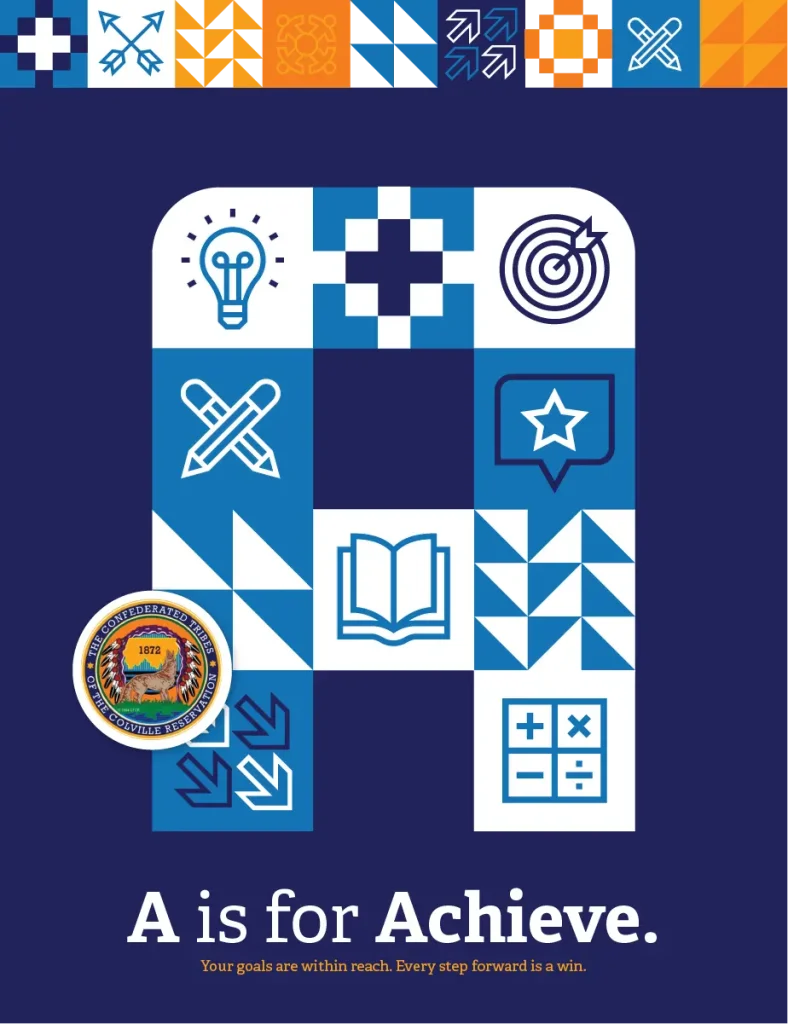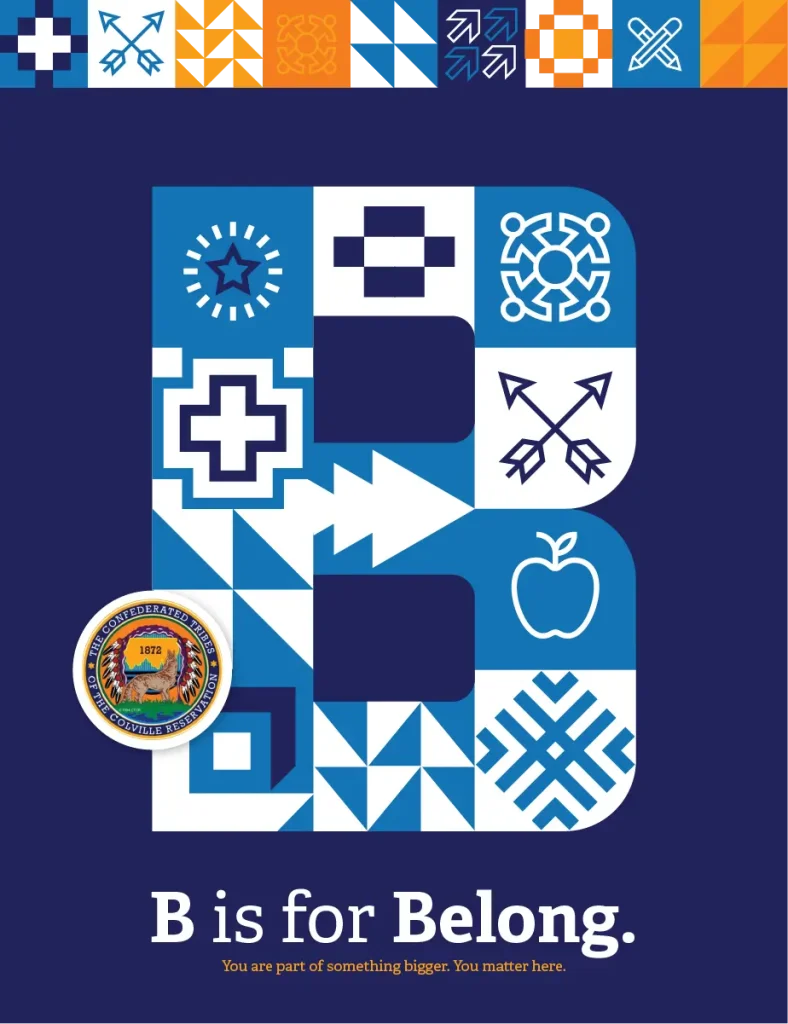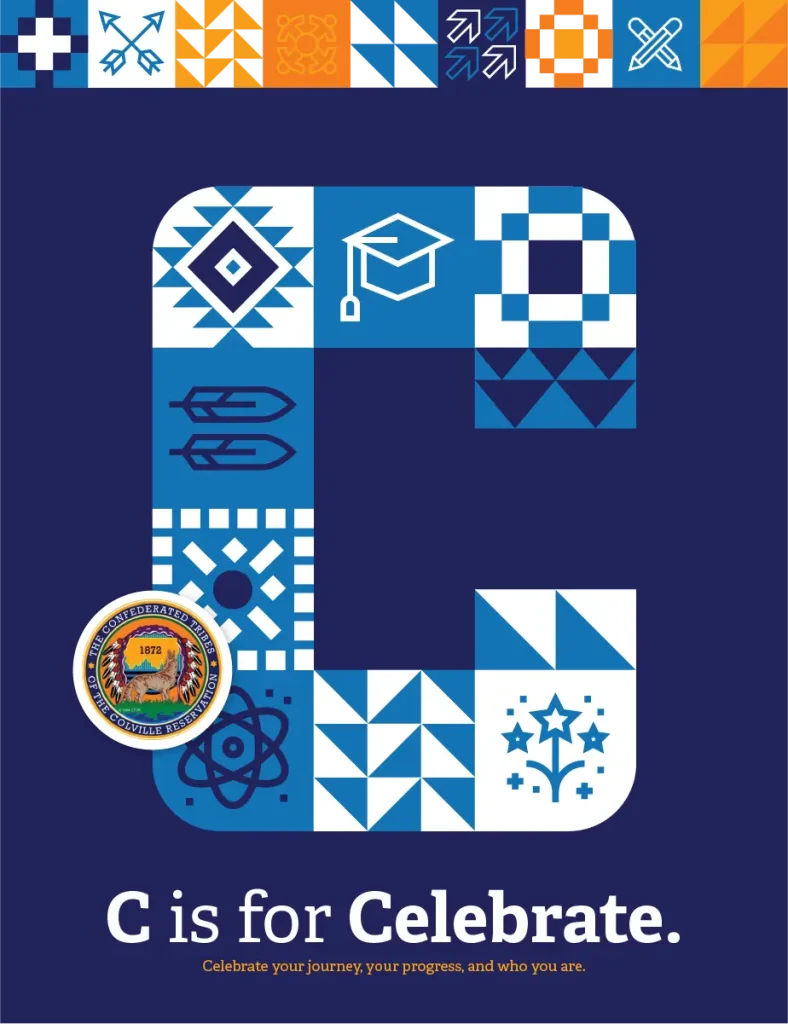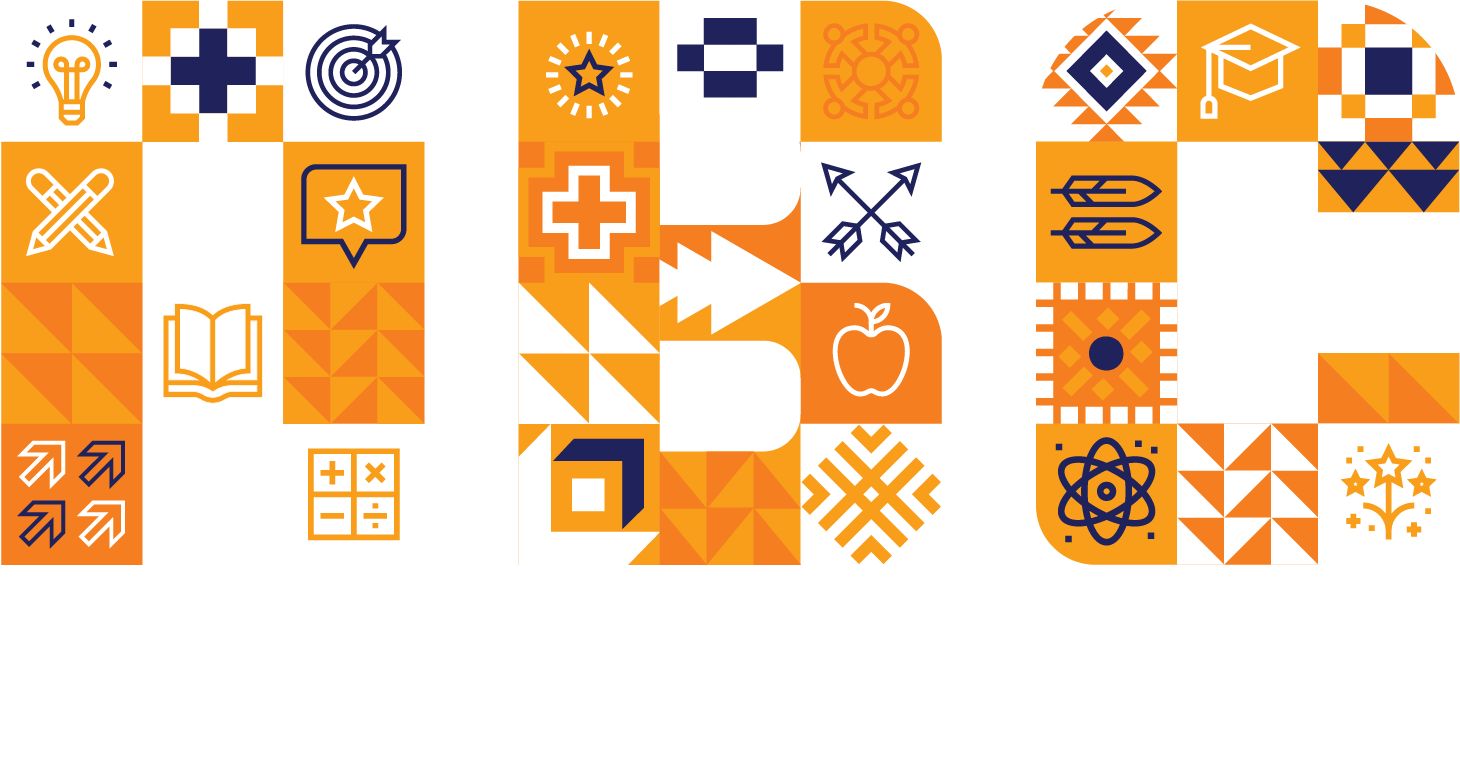
The Importance of Education
Finishing a formal education and pursuing higher education can benefit you, your family, and your Tribal community in multiple ways. Some of these benefits include:
Better Jobs & Income
Graduating high school and attending college increases your chances of getting a good job with a higher paycheck. It also increases your ability to start and run a successful business, which can bring more jobs and money to your community.
Stronger Skill Set
Education helps develop skills involving critical thinking, communication, self-control, problem solving, stress management, gathering information, cognitive ability, and identifying choices and consequences. These skills, paired with traditional values and traditions, strengthens and protects you and your community.
Better Health & Wellness
Education improves your quality of health and reduces health risks such as alcohol and substance abuse and dying from cardiovascular disease, cancer, infection, injury, lung disease, and diabetes.
Stronger Communities
People who graduate from high school and go on to college become stronger individuals who are able and equipped to build up their communities. People who are educated are more likely to vote and volunteer compared to those who drop out of high school. Additionally, communities with more educated members have less criminal activity, trust each other more, and are more likely to promote equality.
Finishing your education gives you more opportunities, helps you make better choices for the future, and prepares you to live a better life.
How Skipping School Hurts
Frequent absences can make it difficult to keep up with your classmates in school, which makes it four times more likely that you’ll drop out of school. Dropping out of school can lead to other problems down the road, such as:
Unemployment
People who drop out of high school are twice as likely to be unemployed compared to people who graduate from college.
Alcohol & Drug Use
People who drop out of high school are up to 6 times more likely to abuse alcohol and other drugs compared to people who graduate from high school and go on to receive a college degree.
Crime & Prison
Due to fewer economic opportunities, people who drop out of high school are more likely to get involved in crime and end up in jail. Nearly half of incarcerated people do not have a high school degree.
Poor Health
People who drop out of high school have higher healthcare bills. The average annual public health costs is $2,700 per high school dropout, compared to $1,000 per high school graduate and $170 per college graduate. Additionally, high school dropouts are more likely to die early from cardiovascular disease, cancer, infection, injury, lung disease, and diabetes.
Staying in school, on the other hand, helps decrease the likelihood of these problems later on.

Did You Know?
of Native American students nation wide are frequently absent from school.
Source: ed.gov
of students in Washington state missed over 10% of the 2023-2024 school year.
Source: kuow.org
students in the U.S. are frequently absent from school.
Source: future-ed.org
of Native American students graduate from high school - the lowest graduation rate of all American students.
Source: nativehope.org
of Native American students drop out of school, mostly between the 7th and 12th grades.
Source: nativehope.org
of Native Americans earn a college degree.
Source: nativehope.org

Your Journey to Success
These tips can help you stay on track, connect what you learn to your roots, and be successful.
Learn a Tribal Language
The Cultural Preservation Division currently offers three language programs in nslxcin (also referred to as “Northern Interior Salish”), titoqatímt (also referred to as “Nez Perce”), and nxaʔamxčín (also referred to as “Southern Interior Salish”). For more information and access to these resources, visit the Colville Tribal Language webpage.
Participate in Cultural Activities
There are several ways to participate in traditional cultural activities. Participation can include:
- Attending powwows and funerals
- Visiting a sweat lodge
- Hunting and fishing
- Playing traditional games
- Learning traditional practices such as:
- Drumming
- Dancing
- Basket weaving
- Canoe building
- Gathering traditional foods and medicines
- Singing prayer songs and other traditional songs
- Telling Coyote Stories and other traditional stories
Learn More About Your History
Learning about your history will enrich your formal education and better connect you to your heritage. Colville Tribes has multiple resources available on their website, including a History & Archaeology webpage and a brief history of each Tribe. The Colville Tribal Museum and the Fort Okanogan Interpretive Center are available to visit as well.
Avoid Absences
Missing school can make it more difficult to keep up with coursework. Students who are frequently absent are four times more likely to drop out of school compared to their peers.
Take Care of Yourself
Your health can affect how well you learn and complete schoolwork. Eating healthy foods, getting enough sleep, exercising regularly, and taking time to relax will help you do well both in school and in other areas of your life.
Your education can honor your heritage and build a stronger community. Let’s learn, lead, and grow together.
Frequently Asked Questions
What can I do if I am struggling with issues that make school more difficult?
Issues at school or home can make finishing schooling more difficult, which may lead to frequent absences and potentially dropping out. There are several issues that can make school more difficult, which can include:
- Anxiety, high levels of stress, depression, or other mental health disorders
- Bullying
- Difficulties making or keeping friends
- Difficulties focusing or learning
- Feeling unwell
Addressing these issues can help you do better in school and finish your education. Talk with your parents and teachers to see what solutions and resources may be helpful. Depending on your circumstances, you and your family may need additional help so you can attend school regularly and be more successful. Some solutions may include:
- Talking with a healthcare provider about difficulties in learning or focusing to find a solution, such as testing for ADHD or getting glasses
- Talking to a healthcare provider about mental health treatment
- Learning about bullying and what you can do to stop it
As a parent, how can I work with educators to help my child succeed in their education?
Parents can work with educators to find resources for their child, request accommodations as needed, and more. When parents are partnered with educators and involved in their child’s education, children improve in academic success. The U.S. Department of Education provides sample questions, including questions about attendance, that can guide parents in their efforts to partner and work with their child’s teachers and school.
As a parent, how can I encourage my child to complete schoolwork?
Let your child know that you are there to help them if they need it and that you see their hard work. Positive reinforcement, such as praise or a high five, can be motivating for your child. You can also reward your child for the effort they put into their schoolwork; for example, you might get your child a small treat for completing a project. Finally, help them connect their long-term goals with their current efforts in schoolwork and other related activities.

